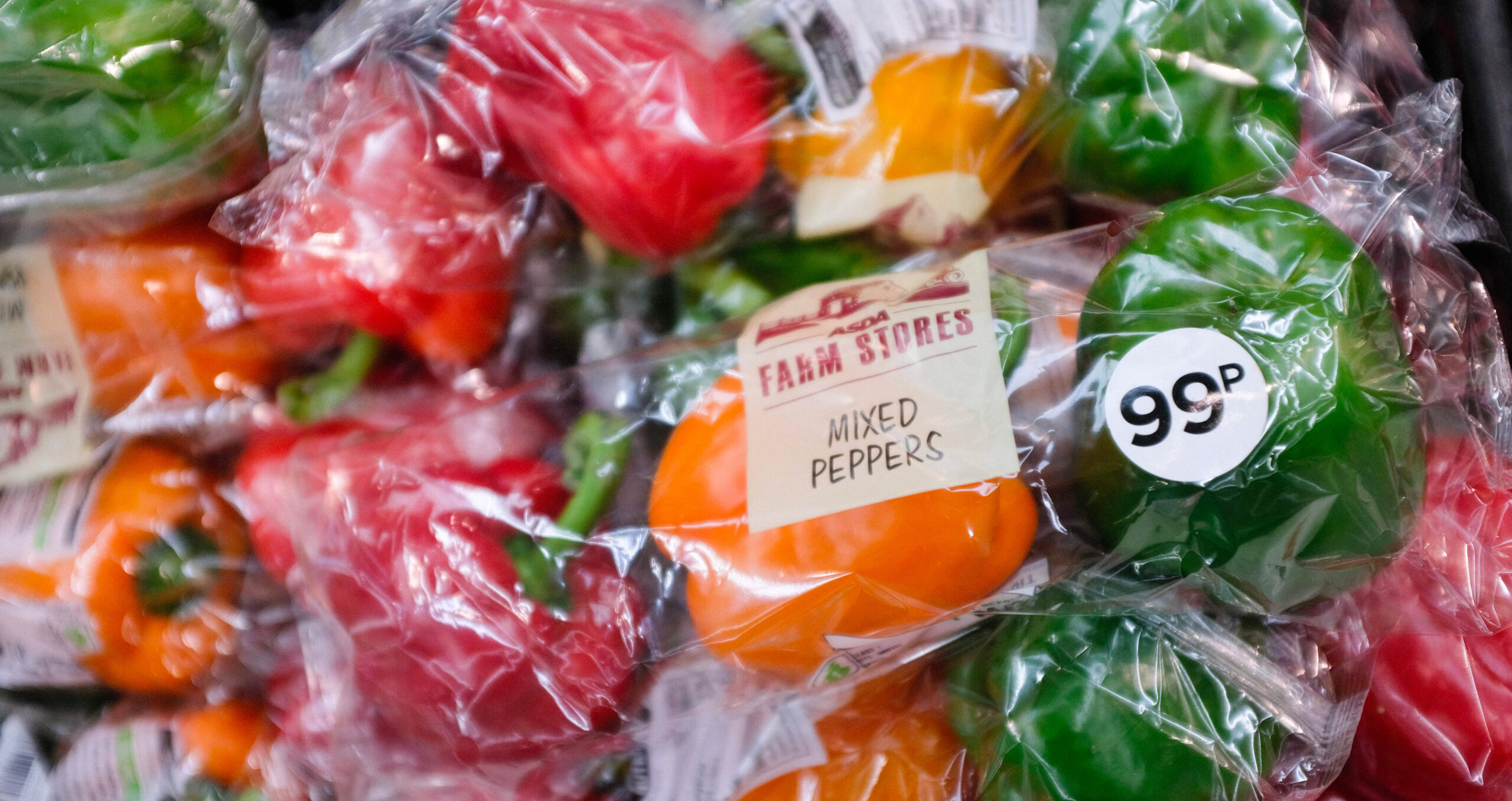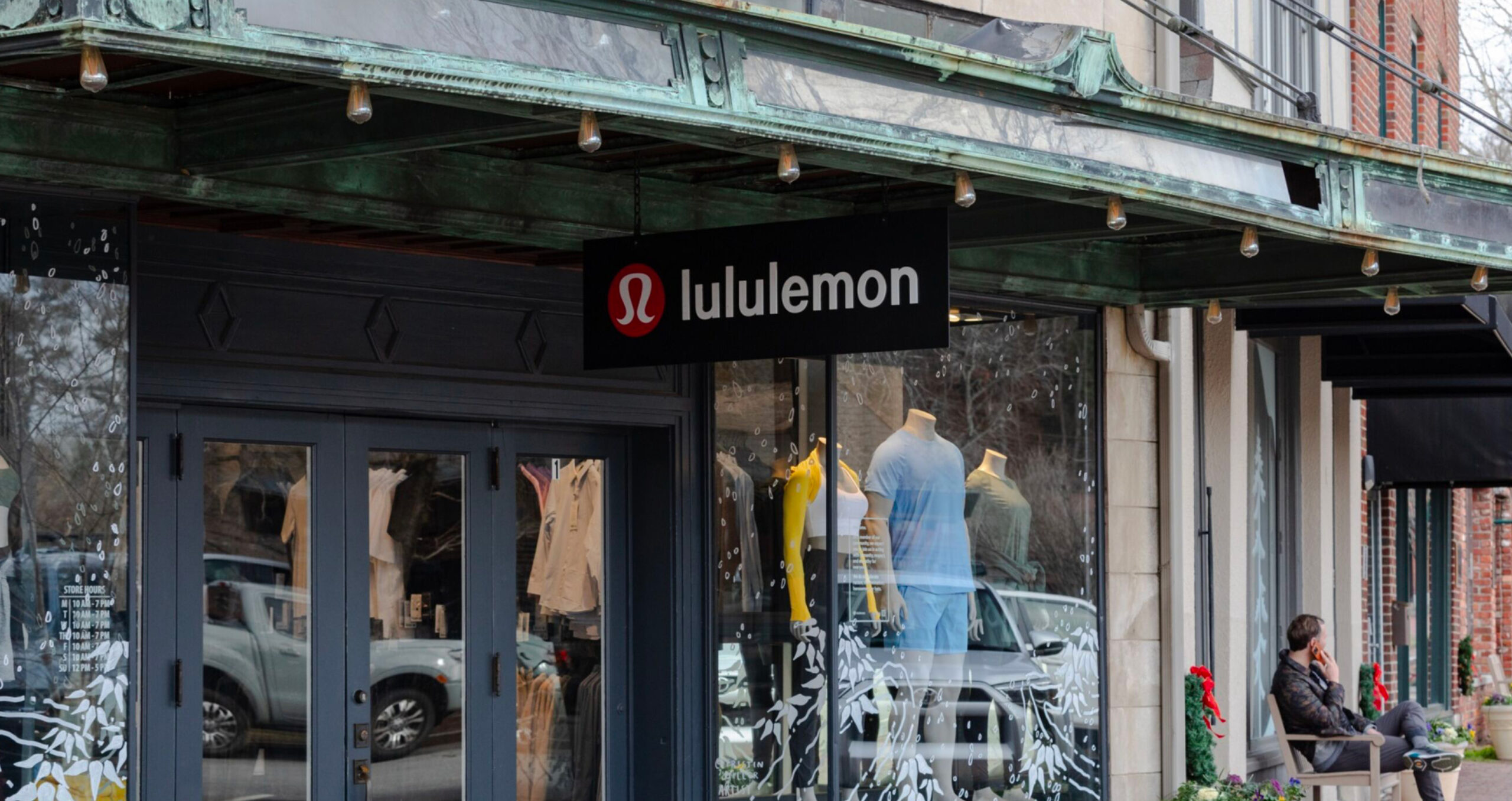
MEPs pushback against reusable packaging rules

Members of the European parliament’s industry and agriculture committees have voted against proposals on increasing reusable packaging — like the packaging industry, they favour recycling over widespread reuse targets.
Unless the EU reduces the amount of packaging it uses, greenhouse gas emissions and water use by the sector will continue to surge. Nonetheless, the European parliament’s industry committee has voted in line with the packaging industry’s demands to significantly reduce proposals to decrease waste by increasing reusable packaging.
When launching its proposals to revise EU legislation on packaging and packaging waste in November 2022, the commission said its measures would, by 2030, bring down greenhouse gas emissions from packaging to 43mn tonnes compared with 66mn if the legislation is not changed, a reduction equivalent to the annual emissions of Croatia. Meanwhile, water use would be reduced by 1.1mn m3 and the costs of environmental damage for the economy and society would be reduced by €6.4bn relative to the baseline, said the EU executive.
A majority of MEPs in the industry committee voted, however, to delete reuse targets for the hotel, restaurant and catering sector, and to remove 2040 reuse targets across various sectors. They also removed mandatory deposit return systems for beverages and many of the measures proposed to reduce unnecessary packaging.
Today’s vote “undermines the objectives of the regulation without offering any credible solutions to reduce packaging waste,” said Marco Musso, senior policy officer at the European Environmental Bureau, a Brussels-based non-profit organisation.
The outcome “contradicts the parliament’s commitments on the circular economy and the green deal”, said Larissa Copello, packaging and reuse policy officer at Zero Waste Europe, a non-profit organisation, in a statement.
Copello said it was “very unfortunate that some industry players and MEPs are not seeing the opportunity behind the reuse targets, which has amazing potential for producers to achieve both resource and cost-efficiency for their packaging”.
No rules for food sector
The agriculture committee adopted a similar stance with a focus on maximising flexibility on any provisions related to the food sector, including exemptions to reuse and waste-prevention measures.
“MEPs have been misled by a lobbying campaign led by laggards in the packaging sector, including single-use packaging producers and fast-food chains,” Musso told Sustainable Views. Given that food and beverage packaging represents two-thirds of the packaging market, essentially giving the sector a “free pass” would “completely undermine any hope of controlling Europe’s packaging waste”, he added.
The impact of the commission’s packaging proposal is “not only unsustainable, but also existential”, suggested a number of industry associations, including the European Organization for Packaging and the Environment (Europen) and Plastics Europe, in a joint statement published last November.
Europen says it “supports the introduction of reuse and refill targets where it makes environmental and ecological sense”, calling on the EU institutions to “carefully assess the proposed targets, particularly for 2040, against hygiene, food health and safety requirements as well as investments in sales and distribution, take-back and sanitisation infrastructure”.
The parliament’s environment committee must now give its opinion on the file in September before it is voted on by all MEPs.
Similar Articles


Could due diligence legislation end the fashion industry’s ‘pervasive lack of transparency’?


